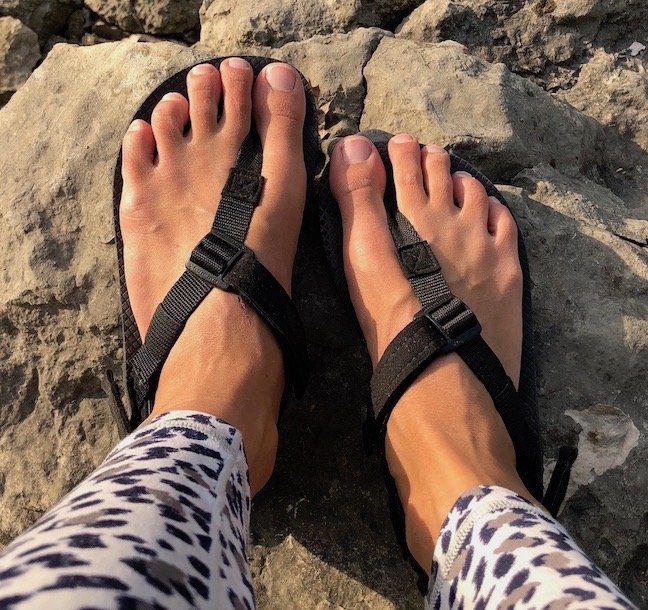Running barefoot may seem unconventional, but it has numerous benefits for your overall health and wellbeing. From improving your balance and agility to reducing the risk of injuries and improving circulation, running without shoes can have a significant impact on your body posture, muscle strength, and mental clarity. Additionally, running barefoot can also save you money in the long run and improve your overall cardiovascular health. However, it is important to remember to start slowly and gradually increase your mileage to prevent injuries. Consider trying barefoot running and see how it can benefit your body and mind.
Ten Benefits of Running Barefoot
Running has become one of the most popular forms of exercise worldwide. However, most people run with shoes on, which is quite different from running barefoot. Running barefoot has many advantages that can benefit your overall health, fitness, and body posture. Here are ten benefits of running barefoot.
1. Improves balance
Running barefoot helps you develop a better sense of balance. When you run with shoes on, the shoes restrict the movement of your feet and limit their natural range of motion. Running barefoot helps your body adapt to different terrains and surfaces, which improves your balance and makes you more agile.
2. Strengthens muscles and tendons
Running barefoot strengthens your foot and ankle muscles and ligaments by forcing your feet to work harder. When you run with shoes on, most of the support comes from the shoe rather than the foot. Barefoot running strengthens the muscles and tendons in your feet and lower legs, which can protect you from injuries.
3. Improves body posture
Running barefoot can help improve your body posture. Running with shoes on creates an unnatural stride, which can put excessive pressure on your joints and spine. When you run barefoot, you land on the balls of your feet rather than your heels, which distributes the shock of impact evenly through your body, helping you maintain good posture.
4. Reduces injury risk
Running barefoot can reduce your risk of foot and ankle injuries. When you run with shoes on, you are more likely to land on your heels, which creates a shockwave that travels up your legs, affecting your knees, hips, and lower back. Running barefoot, on the other hand, allows your feet to land naturally, which reduces the impact on your joints and decreases the risk of injury.
5. Increases oxygen intake
Running barefoot can increase your oxygen intake. When you run with shoes on, your breathing is restricted, and you may not be taking in enough oxygen. Running barefoot promotes deeper breathing, which increases your lung capacity and oxygen intake, improving your overall cardiovascular health.
6. Improves circulation
Running barefoot improves blood circulation in your feet and legs. When you run with shoes on, your feet are restricted, and the blood flow is limited. Running barefoot allows for more natural movement and better blood flow, which can help prevent blood clots and other circulatory problems.
7. Increases agility
Running barefoot can make you more agile. When you run with shoes on, your body is not free to move naturally, and your movements can feel rigid. Running barefoot allows your feet to move more freely, which increases your agility and coordination.
8. Saves money
Running barefoot can save you money in the long run. Running shoes can be expensive, and they need to be replaced frequently. When you run barefoot, you don’t need to spend money on running shoes, and you can avoid costly treatments for injuries caused by running with shoes on.
9. Improves mental clarity
Running barefoot can improve your mental clarity. Running barefoot promotes deep breathing, which can help reduce stress and anxiety. When you run barefoot, you can also focus more on your surroundings, which can improve your mental clarity and mindfulness.
10. Improves overall health
Running barefoot can improve your overall health. Running with shoes on can lead to imbalances and injuries that can affect your overall health. Running barefoot strengthens your feet and lower legs, improves your posture, and increases your oxygen intake, all of which contribute to better overall health.
In conclusion, running barefoot has many benefits that can improve your overall health, fitness, and wellbeing. Whether you are a beginner or an experienced runner, you can try running barefoot and experience the many advantages it has to offer. However, it is important to start slowly and gradually increase your mileage to prevent injuries.
